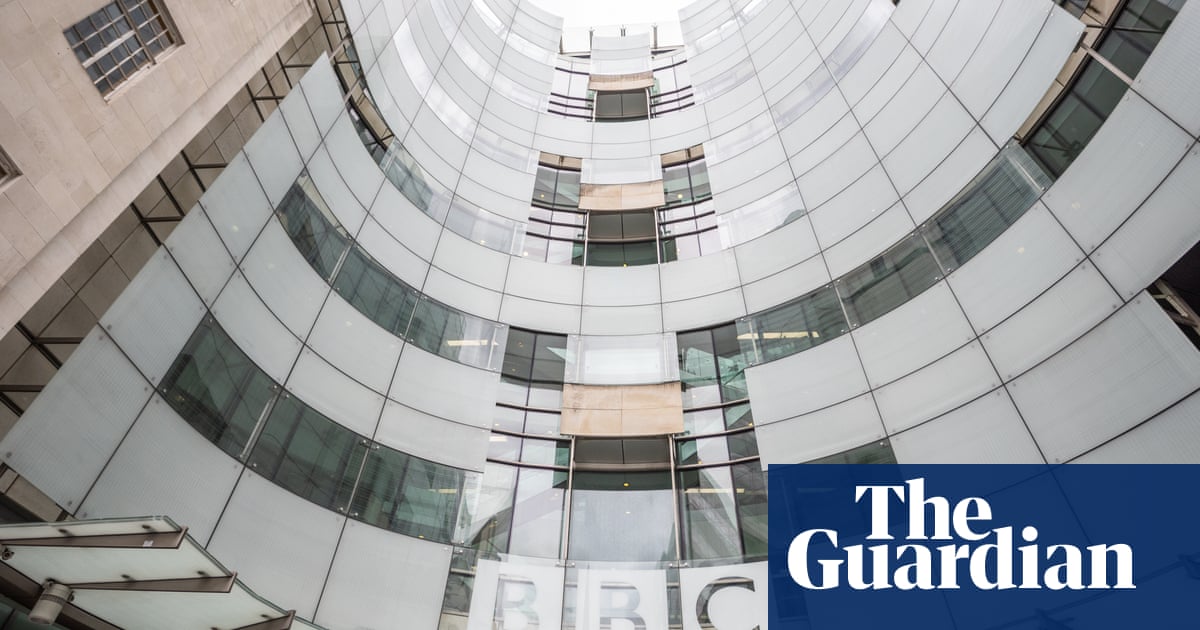TheBBCis threatening legal action against Perplexity AI, in the corporation’s first move to protect its content from being scraped without permission to build artificial intelligence technology.
The corporation has sent a letter to Aravind Srinivas, the chief executive of the San Francisco-based startup, saying it has gathered evidence that Perplexity’s model was “trained using BBC content”.
The letter, first reported by the Financial Times, threatens an injunction against Perplexity unless it stops scraping all BBC content to train its AI models, and deletes any copies of the broadcaster’s material it holds unless it provides “a proposal for financial compensation”.
The legal threat comes weeks after Tim Davie, the director general of the BBC, and the boss of Sky bothcriticised proposals being considered by the governmentthat could let tech companies use copyright-protected work without permission.
“If we currently drift in the way we are doing now we will be in crisis,” Davie said, speaking at the Enders conference. “We need to make quick decisions now around areas like … protection of IP. We need to protect our national intellectual property, that is where the value is. What do I need? IP protection; come on, let’s get on with it.”
The industry would like an opt-in regime, forcing AI companies to seek permission and strike licensing deals with copyright holders before they can use the content to train their models.
In October, Rupert Murdoch’s Dow Jones, the owner of the Wall Street Journal,filed a lawsuit against Perplexity, accusing it of engaging in a “massive amount of illegal copying” in a “brazen scheme … free-riding on the valuable content the publishers produce”.
Perplexity told the FT that the BBC’s claims were “manipulative and opportunistic” and that it had a “fundamental misunderstanding of technology, the internet and intellectual property law”.
Perplexity does not build or train foundation models – unlike other companies such as OpenAI, Google and Meta – but provides an interface that allows users to choose between them.
The BBC said that parts of its content had been reproduced verbatim by Perplexity.
“Perplexity’s tool directly competes with the BBC’s own services, circumventing the need for users to access those services,” the corporation said.
In October, the BBC began registering copyright in its news website in the US, so it is entitled to “statutory damages in relation to unauthorised use of these copyright works”.
In the UK, original proposals published in a consultation indicated that the government could let AI companies scrape content unless media owners opt out, which the industry said would “scrape the value” out of the £125bn creative industry.
Sign up toBusiness Today
Get set for the working day – we'll point you to all the business news and analysis you need every morning
after newsletter promotion
Lisa Nandy, the culture secretary, has since said that the government has no preferred option regarding AI copyright laws in the UK but promised the creative sector that it would not be harmed by legislation.
“We are a Labour government, and the principle [that] people must be paid for their work is foundational,” she told a media conference earlier this month. “You have our word that if it doesn’t work for the creative industries, it will not work for us.”
Publishers including the Financial Times, Axel Springer, Hearst and News Corporation have signed content licensing deals with OpenAI.
Reuters has struck a deal with Meta, and the parent of the Daily Mail has an agreement withProRata.ai.
The Guardian has approached Perplexity for comment. The BBC declined to comment beyond the contents of the letter.
